How Brokers Handle Your Funds: Are Your Funds Safe?
Discover how brokers protect your funds, why regulation matters, and
how to choose the right broker for
secure trading.
 Writen by:
Arslan Ali But
07 January 2025
8 minutes read
Writen by:
Arslan Ali But
07 January 2025
8 minutes read


When trading with a broker, one of the most common concerns is, “Is my money safe?” Whether you're a new trader or a seasoned investor, understanding how brokers manage client funds is crucial to building trust and confidence. After all, when you deposit money into a trading account, you’re placing significant trust in your broker.
Brokers operate within strict regulatory frameworks designed to safeguard client funds, but not all brokers follow the same standards. Some go the extra mile to ensure transparency and security, while others may operate in less stringent environments.
In this article, we’ll break down how brokers handle your money, the safety measures they employ, and how regulations ensure your funds remain protected. By the end, you’ll have a clear understanding of what to look for in a broker and how to ensure your money is in safe hands.

How Do Brokers Handle Your Funds?
Segregated Accounts
Reputable brokers are required to keep client funds in segregated accounts. This means your money is kept separate from the broker's operational funds, reducing the risk of misuse. For instance:
- If a broker collapses, client funds in segregated accounts remain untouched, providing an added layer of security.
- Example: A broker regulated by the UK’s FCA must hold client funds separately, with compensation of up to £85,000 under the FSCS scheme if insolvency occurs.
Partnering with Tier-1 Banks
Top-tier brokers deposit client funds into trusted banks. Tier-1 banks are financially stable institutions with stringent regulatory oversight, ensuring your funds are in safe hands.
Restrictions on Fund Use
Funds deposited are strictly for trading and withdrawals. Brokers operating under regulatory oversight cannot use your money for business operations, speculative activities, or lending.
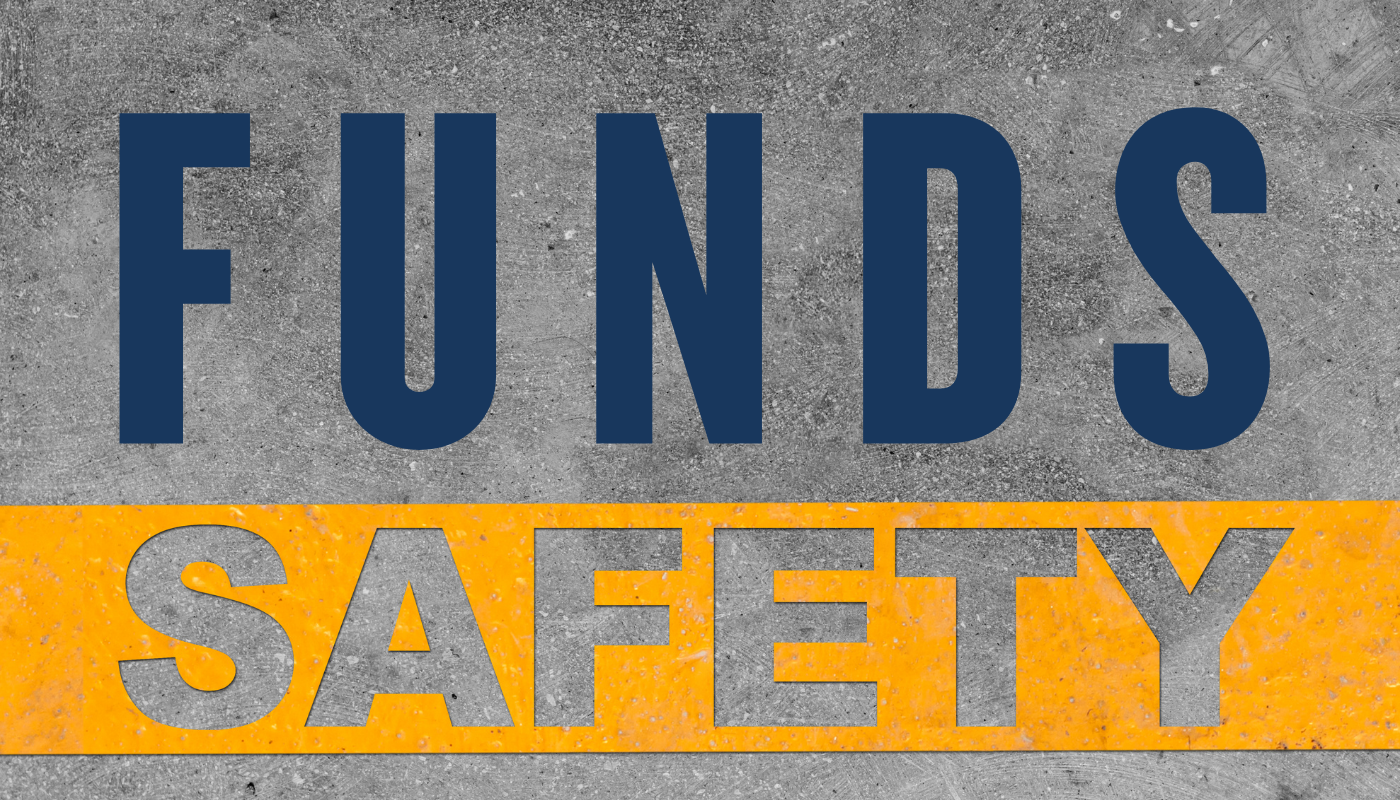
Why Regulation Matters for Fund Safety
Understanding the role of regulation is crucial when choosing a broker. Regulations are designed to protect traders by ensuring brokers operate transparently, handle funds responsibly, and adhere to strict standards. Here’s how:
Trusted Regulatory Bodies
Leading financial regulators set benchmarks that brokers must follow to ensure client safety.
- FCA (UK): Requires brokers to segregate client funds from operational accounts and offers compensation up to £85,000 through the Financial Services Compensation Scheme (FSCS) in case of insolvency.
- ASIC (Australia): Implements strict guidelines on leverage, risk management, and fund protection to ensure fair practices.
- CFTC/NFA (US): Focuses on fraud prevention, transparency, and ensuring brokers comply with anti-money laundering (AML) laws.
Compensation Schemes
In case of broker insolvency, compensation schemes provide a safety net for traders:
- CySEC (EU): protects clients with compensation up to €25,000 under the Investor Compensation Fund (ICF).
- FSCA (South Africa): Enforces segregated fund rules to ensure traders’ deposits remain secure even if a broker collapses.
These schemes act as financial insurance, offering peace of mind for traders.
Negative Balance Protection
Volatility in the financial markets can sometimes lead to significant losses. To protect traders:
- Regulated brokers offer Negative Balance Protection (NBP), ensuring traders cannot lose more than the funds in their account.
- For instance, during the 2015 Swiss Franc crisis, brokers with NBP shielded their clients from catastrophic losses, unlike unregulated brokers.
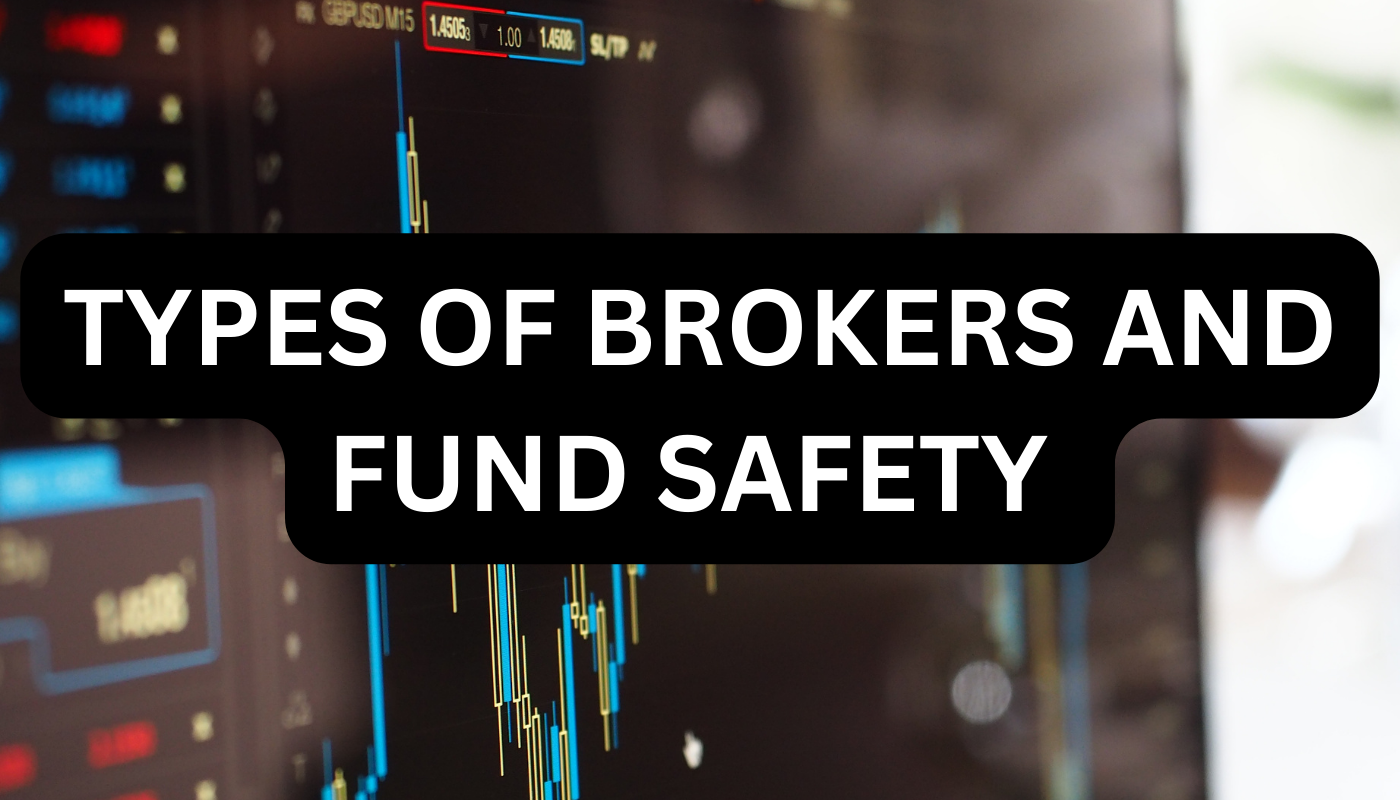
Types of Brokers and Fund Safety
Understanding the type of broker you're dealing with is crucial for fund safety and transparency. Here's a concise overview:
Market Makers vs. ECN/STP Brokers
Leading financial regulators set benchmarks that brokers must follow to ensure client safety.
- Market Makers: These brokers create their own market by taking the opposite side of your trades. They profit from the spread—the difference between the buy and sell price—and may have a conflict of interest, as your losses can translate into their gains. However, they often offer fixed spreads and may provide additional services like educational resources.
Examples of Market Maker Brokers:
- ECN/STP Brokers: Operating as intermediaries, these brokers pass your orders directly to liquidity providers without a dealing dEsk, ensuring a more transparent trading environment. they typically offer variable spreads and charge commissions. this model reduces potential conflicts of interest, as the broker doesn't benefit from your losses
Examples of ECN/STP Brokers:
Brokers Operating Without Regulation
Trading with unregulated brokers can expose you to significant risks, as they operate without industry oversight or adherence to standard practices:
- Lack of Oversight: Unregulated brokers aren't bound by industry standards, increasing the potential for unethical practices like price manipulation or refusal of withdrawals.
⚠️ Warning Signs:
Be cautious of brokers that
Promise guaranteed high returns with minimal risk.
Lack verifiable regulatory credentials.
Employ high-pressure sales tactics urging immediate deposits.
Have opaque or confusing withdrawal and fee policies.
Key Takeaway: Opting for regulated ECN/STP brokers can enhance fund safety through transparency and adherence to industry standards. Always verify a broker's regulatory status and be vigilant for red flags to protect your investments.
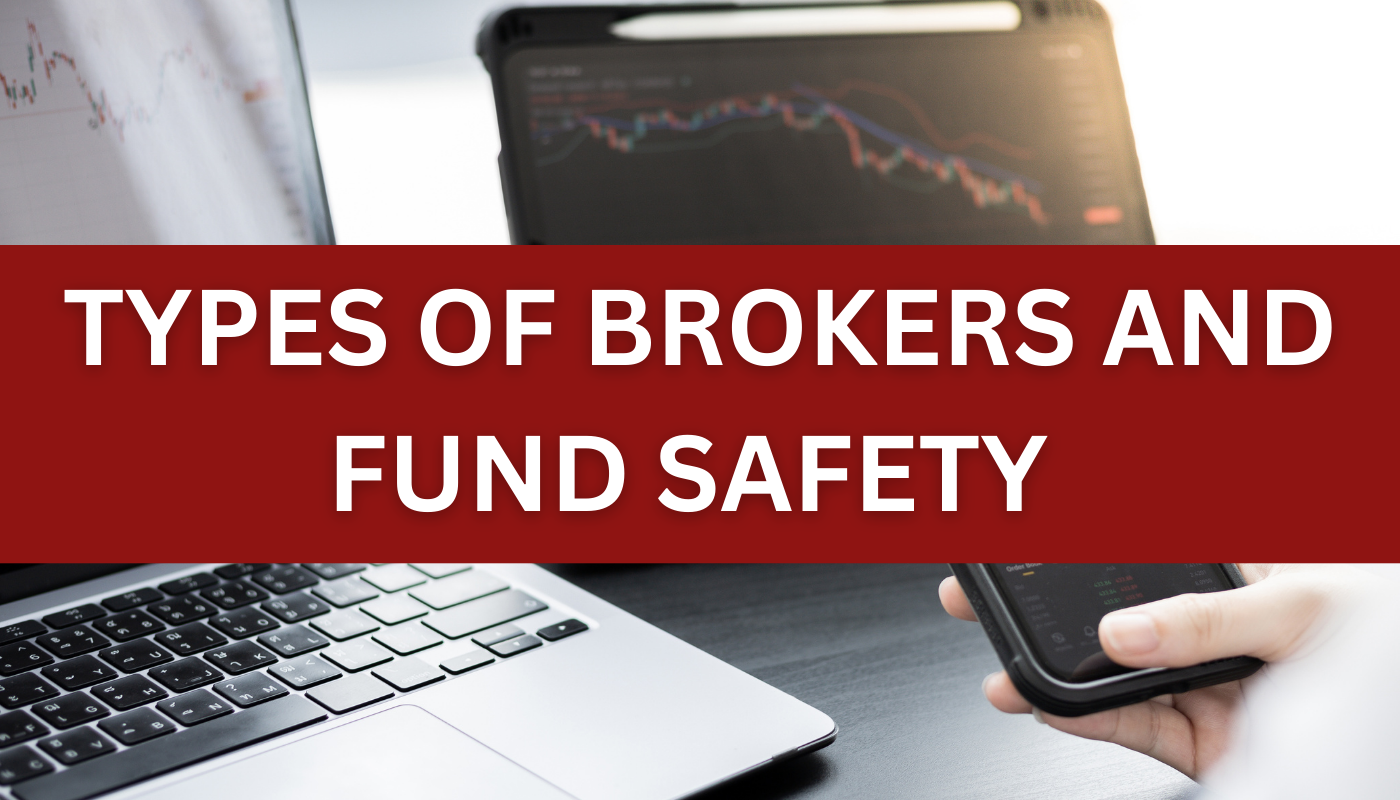
Key Features Ensuring Fund Safety
Ensuring the safety of your funds is crucial when selecting a broker. Here's how AvaTrade, and eToro implement key features to protect client funds:
Negative Balance Protection
Negative balance protection ensures that traders cannot lose more than their initial deposit, even during extreme market volatility.
- eToro: Offers negative balance protection, ensuring clients do not incur losses exceeding their investments.
- AvaTrade: Provides negative balance protection to prevent clients from falling into a negative account balance.
Insurance Policies
Many brokers segregate client funds and may offer additional insurance or participate in compensation schemes, safeguarding funds against insolvency.
Regular Audits and Financial Reporting
Periodic audits and transparent financial disclosures are required by regulators to ensure brokers remain financially stable and compliant. Brokers adhering to these standards demonstrate accountability and build trust.
Key Takeaway: Brokers like AvaTrade, and eToro implement robust measures, including negative balance protection, fund segregation, and regular audits, to ensure the safety and security of client funds
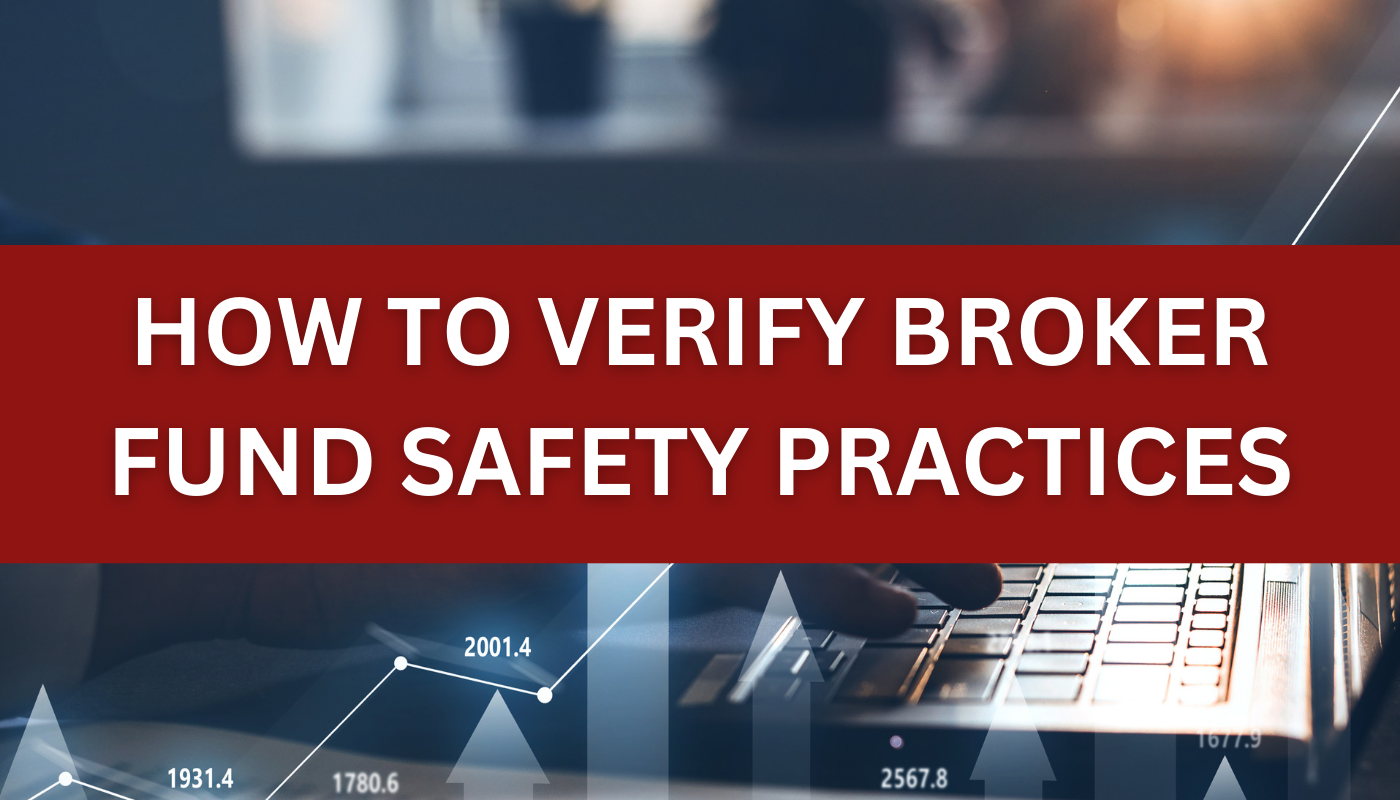
How to Verify Broker Fund Safety Practices
Verifying a broker’s fund safety practices ensures your investments are secure. Here’s how:
Checking Regulation
Verify if a broker is regulated by reputable authorities like the FCA, ASIC, or CySEC. Look for license numbers on their website and cross-check them with the regulator’s database. Regulated brokers are required to adhere to strict fund safety measures.
Understanding Terms and Conditions
Read the broker’s terms to identify clauses about fund segregation, negative balance protection, and insurance policies. Pay attention to withdrawal policies and any hidden fees. Transparency in fund handling is a hallmark of reliable brokers.
Reviews and User Feedback
Research the broker’s reputation through reviews on platforms like Trustpilot and ForexPeaceArmy. User feedback can reveal issues such as delayed withdrawals or unethical practices. Prioritize brokers with consistent positive reviews and high ratings.
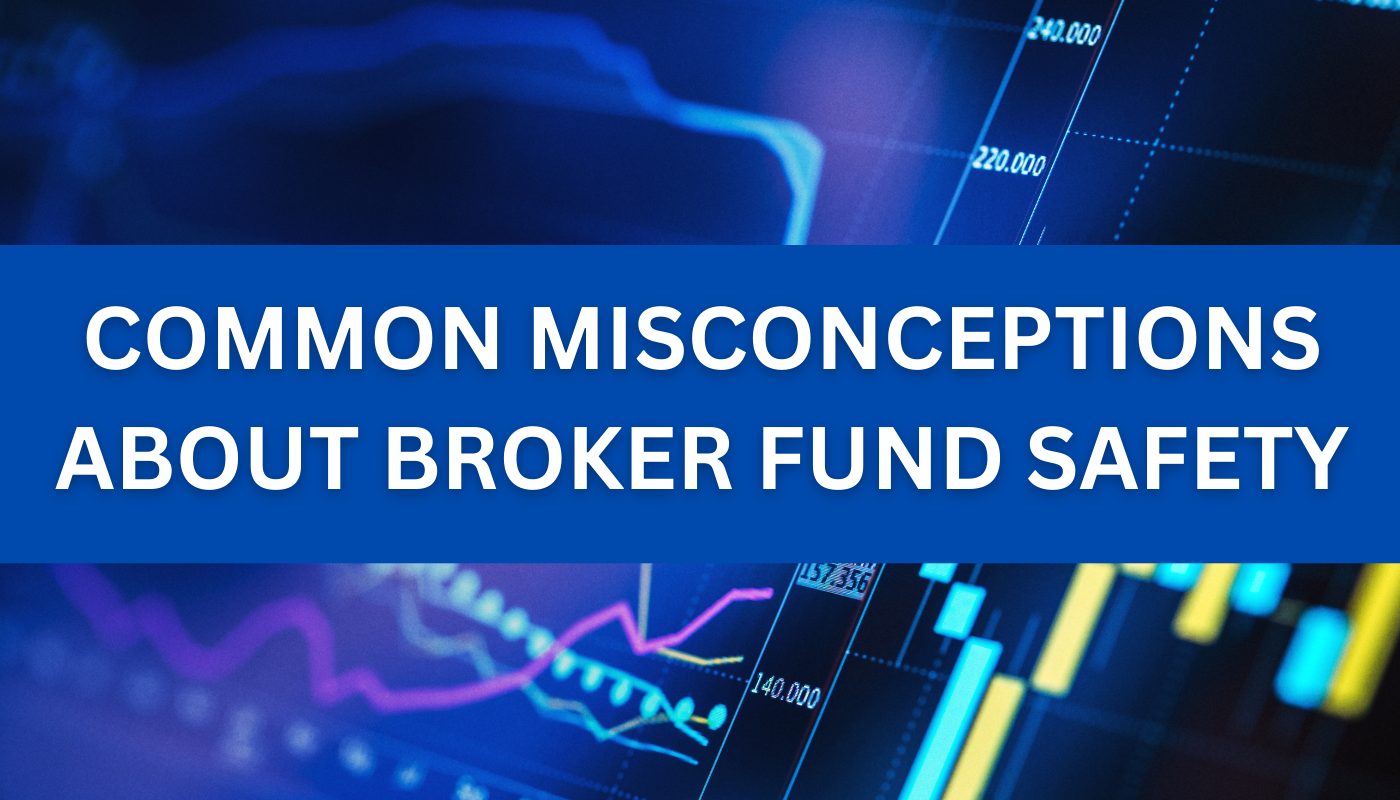
Common Misconceptions About Broker Fund Safety
Verifying a broker’s fund safety practices ensures your investments are secure. Here’s how:
Myth: "All brokers operate the same way."
In reality, brokers differ significantly in their operations, regulatory adherence, and fund management practices. Assuming uniformity can lead to uninformed decisions. For instance, some brokers may not segregate client funds from their operational accounts, increasing risk.
Myth: "Regulated brokers never fail."
While regulation aims to enforce compliance and protect investors, it doesn't guarantee immunity from failure. Historical instances exist where regulated brokers faced financial difficulties or engaged in misconduct, leading to client losses. For example, certain brokerage firms have failed due to breaches of duty or regulatory violations.
The following are top 5 firms violated record-keeping provisions set by the Securities and Exchange Commission (SEC), resulting in their failure:
- Wells Fargo Securities, LLC.
- Wells Fargo Cleaning Services, LLC.
- Wells Fargo Advisers Financial Network, LLC.
- BNP Paribas securities corporation.
- SG Americas Securities, LLC.
These firms were among those charged by the SEC for widespread record-keeping failures. For instance, Wells Fargo entities agreed to pay a $125 million penalty, while BNP Paribas Securities Corp. and SG Americas Securities, LLC each agreed to pay $35 million penalties.
However, it's important to note that these violations did not result in the failure of these firms. They continue to operate while addressing compliance issues.
Reality:
Due diligence remains crucial. Always verify a broker's regulatory credentials, fund safety measures, and reputation. Read terms and conditions, and check user feedback to ensure your investments are with a reliable broker. Trust but verify—every step matters.
Conclusion
Fund safety is essential for secure trading. Regulated brokers provide critical protections, including segregated client accounts, ensuring your funds are safe even during financial instability. Transparency, such as clear terms and regular financial reporting, further enhances trust.
Before trading, take time to research brokers. Verify their regulatory credentials, review fund management practices, and check user feedback to make informed choices. Selecting a broker with strong fund safety measures minimizes risks and supports long-term success.
Ready to explore crypto trading? At WhereToTrade, we’re here to guide you in choosing a regulated broker with confidence.
Table of contents
1. How Do Brokers Handle Your Funds 2. Why Regulation Matters for Fund Safety 3. Types of Brokers and Fund Safety 4. Key Features Ensuring Fund Safety 5. How to Verify Broker Fund Safety Practices 6. Common Misconceptions About Broker Fund Safety 7. Conclusion






